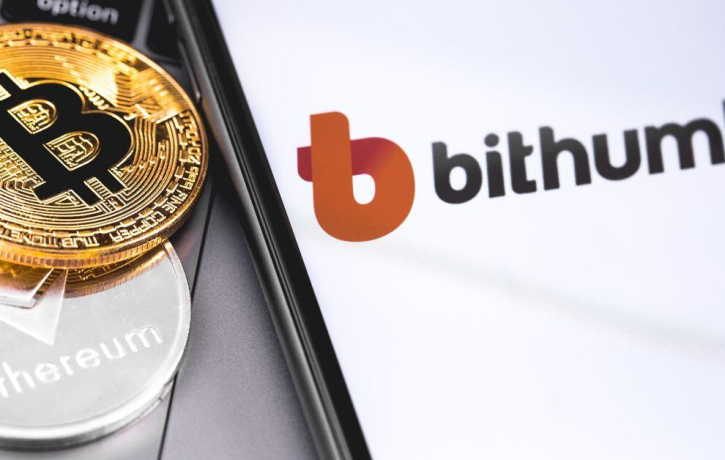Bithumb Korea, South Korea’s second-largest crypto exchange, faces a potential user acquisition crisis after its attempt to secure a deal with major bank KB Kookmin Bank for real-name account issuance fell through. This critical regulatory requirement in South Korea leaves Bithumb in a precarious position as its existing partnership with NH NongHyup Bank nears its March expiration date.
The failed deal further emphasizes the ongoing reluctance of major Korean banks to fully embrace the crypto space. While the top five exchanges have established partnerships with commercial banks, none have managed to secure deals with the four largest institutions, including KB Kookmin. Upbit, the market leader, relies on internet lender K bank, while others partner with regional or specialized banks. This cautiousness from major banks creates a gap in the market, leaving smaller players to fill the void by partnering with specialized institutions.
Adding to Bithumb’s woes is the uncertain future of their existing partnership with NH NongHyup Bank. Previous agreements were renewed every six months, but the last renewal in March 2023 resulted in only a one-year contract. While Bithumb attempted to attract users with a temporary commission-free trading campaign, concerns about sustainability led to its recent termination in February. This leaves Bithumb with a 0.04% fee, slightly lower than Upbit’s 0.05%, but the lack of a major bank partnership and the recent policy change could still significantly impact user growth.
This situation raises several questions about the future of the Korean crypto market. Will major banks eventually warm up to the industry, or will smaller players continue to carve out their space? What impact will this have on the overall user base and market stability? Additionally, the failed deal highlights the need for clearer regulations and a more collaborative approach between banks and exchanges to ensure the smooth functioning of the crypto ecosystem in South Korea.
Beyond the immediate concerns for Bithumb, this situation also raises questions about the global outlook for crypto adoption by traditional financial institutions. While some countries are embracing crypto more openly, others remain hesitant. The Korean case study could offer valuable insights for other nations navigating the complex relationship between traditional finance and the emerging crypto world.






